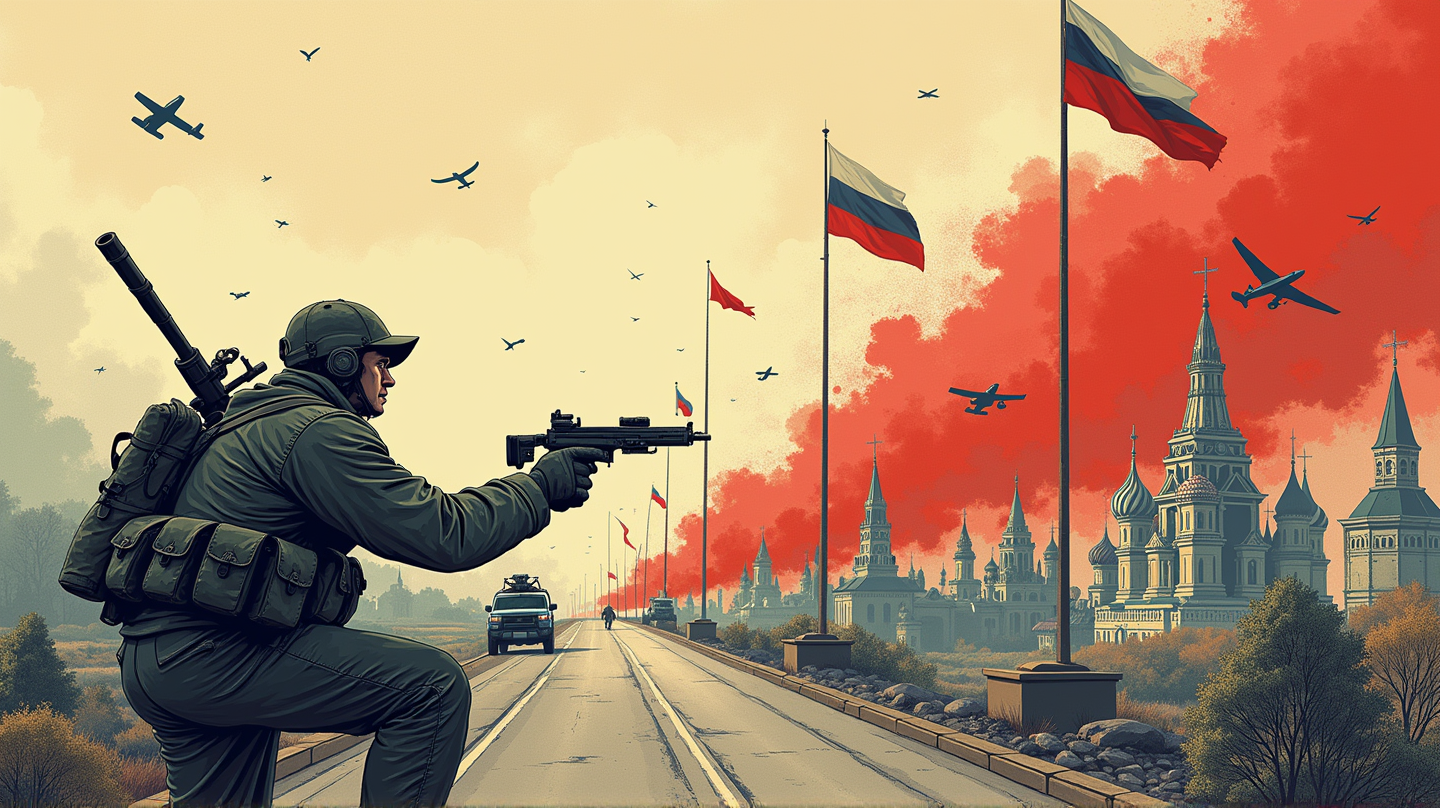Inflation Surge Amidst Military Campaign
In 2024, Russia’s inflation accelerated significantly, reaching 9.5% as the economic consequences of the war in Ukraine weigh heavily upon the nation’s finances. Moscow’s escalated commitments to its military campaign have driven government spending to unprecedented levels, simultaneously shielding the economy from recession while causing profound labor shortages and precipitating rapid price increases.
Record Interest Rates and Economic Pressures
The Russian central bank, charged with managing this overheated economic environment, grappled with climbing inflation, despite elevating interest rates to a two-decade peak of 21%. This monetary policy measure aimed to rein in the expanding economy seemed to stumble as inflation consistently surpassed the official target of 4.0% for the fourth consecutive year.
The Impact on Everyday Goods
Increasing costs of everyday essentials have become a critical issue, spotlighted even by state media traditionally aligned with the Kremlin’s perspectives. In 2024, the cost of butter surged by 36%, marking an acute concern in a country still haunted by memories of the economic crisis and hyperinflation of the 1990s. Overall food prices saw a notable climb of 11.4%.
Military Spendings Disrupting Economic Balance
President Vladimir Putin candidly identified rising prices as a “worrying signal,” yet showed no inclination to scale back Moscow’s military ambitions, now approaching their fourth year. Russia’s allocation to defense and security reached nearly nine percent of its GDP, complicating inflationary controls further. Furthermore, labor shortages, propelled by enlistments and emigration, compound these economic difficulties.
Rate Effectiveness Questioned
Despite rigorous interest rate hikes, the central bank faces significant pushback from Russia’s business leaders, contending that the approach might not be effective. This challenge is especially pronounced as much of the economic stimuli derive from government expenditure or subsidized loans, dulling the traditional impact of raised rates—normally expected to curb spending and elevate saving.
Future Economic Outlook
Looking forward, analysts caution against expecting a downshift in inflation for 2025, with economic growth likely to stagnate under sustained pressure from comprehensive sanctions and extensive defense spending. According to Tuko, these tensions present significant challenges for Russian economic stability.
Russia remains steadfast in its military pursuits against Ukraine while simultaneously contending with severe economic ramifications domestically, portraying a complex tableau of growth, inflation, and strategic priorities.
